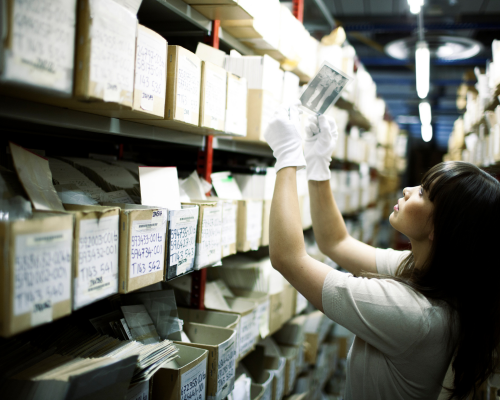Failing to digitise historical material could deprive future generations of valuable knowledge, insights, and cultural heritage. Digitisation plays a critical role in preserving and sharing the past with the generations to come. By digitising historical material, we ensure that it remains accessible and relevant in an increasingly digital world.
Knowing the past is not just a matter of historical curiosity; it is essential for making informed decisions, fostering progress, preserving cultural heritage, and addressing the challenges of the future. By learning from history, we can navigate the complexities of our rapidly changing world and work towards a brighter and more sustainable future.
DatacomIT’s primary objective is to secure the past for the future.
DatacomIT plays a pivotal role in assisting clients to develop a digitisation and digital preservation plan. Digitisation is an essential first step in digital preservation, but it is only where the journey begins. Curation and preservation of digitised objects and material requires identifying resources, developing policy and criteria for the appraisal and selection of data, file migration, metadata for discovery and useability, and ingesting content to a preserved storage system.
Digital Preservation is a series of ongoing activities with three key objectives:
- Protecting data from: fragile storage media, file degradation (bit rot), human error, and unforeseen events (theft, fire, floods)
- Safeguarding content from technological obsolescence; hardware, software, and computer operating systems
- Ensuring preserved data and content can be discovered and re-used by the relevant stakeholders into the future
Many state libraries, museums and universities have embedded strategies to digitise and preserve their archives before the deadline of 2025. This deadline is acknowledged to be the point at which there is a danger of losing precious historical materials to age, fragility, and technological obsolescence.
Get in touch to find out more about the 2025 deadline and how it affects you, or to speak with our Digital Preservation Consultant for advice on how to implement a plan for your collection.

